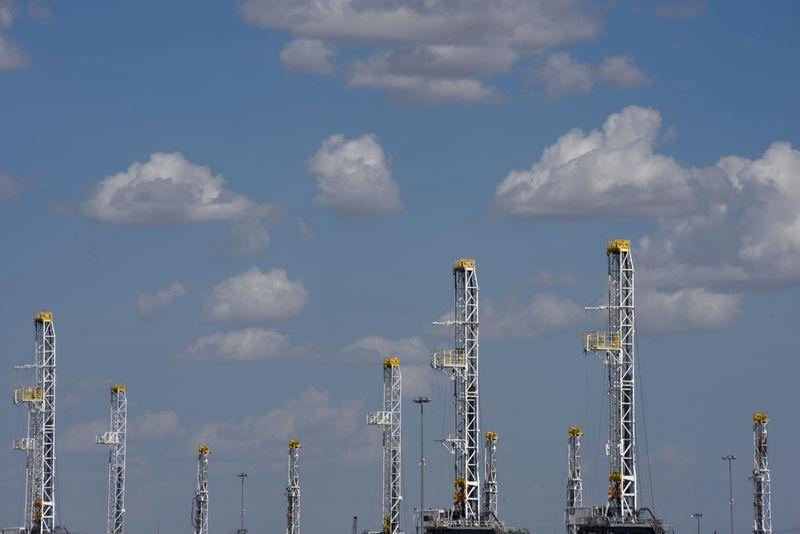The top U.S. commodities markets regulator warned exchanges and brokerages on Thursday that they should be prepared for volatility and possible negative pricing for certain contracts, nearly one month after U.S. oil futures plunged into negative territory for the first time in history.

Source: Reuters
Last month, the expiring U.S. West Texas Intermediate (WTI) futures contract slumped to a minus $37.63 a barrel as panicked investors bailed out of positions upon realizing that many would be forced to take physical delivery of oil without a place to put the barrels.
Numerous funds and brokerages suffered losses due to their exposure. Funds, including exchange-traded funds, have since reduced holdings in near-term contracts and brokerages told customers they cannot open new positions when contracts are close to expiring.
The U.S. Commodities Futures Trading Commission, the federal agency overseeing futures and options trading, said in a letter dated Wednesday that exchange operators and brokerages need to protect markets from manipulation and potentially intervene to protect customers.
“We are issuing this advisory in the wake of unusually high volatility and negative pricing experienced in the May 2020 physically-delivered WTI contract, and related reference contracts, on April 20,” the CFTC said in its letter.
The U.S. WTI contract for June delivery expires on Tuesday. Holders of that contract are required to take delivery of oil at the Cushing, Oklahoma hub in the next month, but with demand low, financial firms holding the contract found few takers as they scrambled to unload positions.
The CFTC told exchanges they need rules to give them emergency authority to either liquidate or transfer open positions in a contract, or potentially suspend trading in a particular contract if needed.
“It’s wise that they sent that letter, as I think there’s a real chance for another flirtation with or breaking of that zero bound,” said John Kilduff, partner at Again Capital LLC in New York.
In the wake of the selloff, numerous funds shifted their holdings out of nearer-dated futures contracts to avoid a repeat of April’s turmoil, and several brokerages said they would not allow customers to open new positions in oil futures close to contract expiration.
Trading volumes have also shifted away from the front-month contract. For the first nine trading days in May, the second-month contract’s volumes were 145% of the front-month. In the same time period for the first four months of the year, trading was concentrated in the expiring contract, as the second-month contract’s volumes were just 34% of the front-month.
“Firms are basically preparing for a replay of what happened. They’re better prepared and they are taking steps to avoid a catastrophe again,” said Phil Flynn, senior analyst at Price Futures Group in Chicago. He said the chances of a second dip into negative territory were small.
Last month, CFTC Chairman Heath Tabert said the volatility in oil markets was due to fundamental issues and not a problem with financial markets. Storage has filled rapidly as the coronavirus pandemic took hold and cut worldwide fuel demand by 30%.

